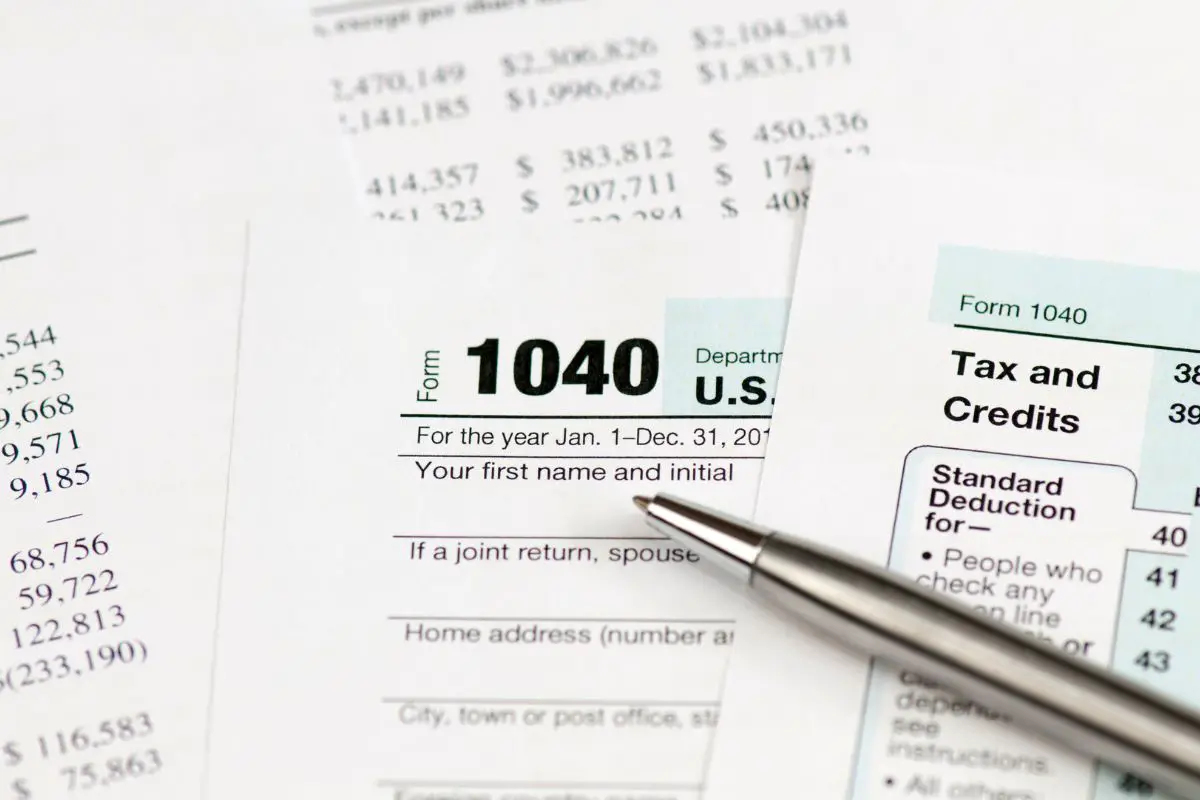There are only two certainties in life: death, and taxes.
It has been a phrase in the English lexicon for hundreds of years. The first known use of the phrase, or something approximating it, was in Christopher Bullock’s 1716 comedy play The Cobbler of Preston.
Certainly, by the time founding father Benjamin Franklin used it in a letter to the French physicist Jean-Baptiste Le Roy in 1789, the phrase was already well established.
The tax burden of a given country or state is one of the most important things to know about it, if you are living there or are intending to move there.
Of the tax burden, arguably the most important to consider is income tax.
Everyone wants to have an idea of how much of their pay packet they will get to take home, and how much they will have to turn over to the government in taxes.
In the U.S. the system can be a little complicated to get your head around.
In this article we’ll be looking at the tax burden in the state of New Hampshire (NH), specifically income tax. First, however, we’ll discuss how income taxes work in the United States.
Income Tax In The United States
The United States of America operates under a federal system. That means that there are two major layers of government in the U.S.
The federal government is mainly concerned with national issues- think national infrastructure, national security, and defense, whilst each of the 50 states have their own government that regulates for more local issues including employment and education.

State governments as well as the federal government have their own budgets and financial budgets.
This system makes income tax in the U.S. a little tricky to work out, as there are both federal income taxes and state income taxes in operation. Federal income taxes are progressive and based on your income.
That means the more you earn, the more you will have to pay. Federal income tax rates vary from as little as 10% for the lowest earners to 37% for the highest.
The income range over which a specific rate applies is known as a tax bracket. Federal income taxes are the federal government’s largest source of income.
They are used to fund social security programs, pay for disaster relief, and fund health programs like Medicare and Medicaid as well as the things mentioned previously.
Whilst everybody working in the United States has to pay federal income tax, not everyone has to pay state income taxes. Different states have different state income taxes, and some have none at all.
States Without State Income Tax
We’d all love to live in a country without any income taxes. Ok, so maybe that isn’t entirely true, since a country without any income tax at all is probably going to struggle to fund the basic necessities of a functioning modern society.
But it’s certainly true that we’d all like a lower tax bill. Whilst you cannot escape federal income taxes in the United States, it is possible to escape state income taxes- by moving to one of the handful of states without them.
Currently, there are seven states in the union that do not levy state income tax. These are, in alphabetical order; Alaska, Florida, Nevada, South Dakota, Tennessee, Texas, and Wyoming.
Washington state does levy some income tax, but only on investment income and capital gains for people making over a certain amount. Unusually amongst states that have no or negligible income tax, Washington is steadily Democratic, whilst the rest are all Republican-run.
It’s important to note that just because a state has no income tax, it doesn’t necessarily make it better or cheaper to live there than in states that levy higher income taxes.
It doesn’t even mean that the overall tax burden in those states is lower.
For example, Alaska had the lowest tax burden of any state in the union in 2021 but was also among the least affordable to live in, ranking 47th out of the 50 states.
States with no income taxes often make up the shortfall by taxing other things more highly.
Washington, Nevada, and Texas might levy either negligible income tax or none at all, but they’re still fairly average in terms of overall tax burden as a percentage of income, ranking 26th, 22nd, and 19th (where 1 is the lowest).
Where Does New Hampshire Fit In?
New Hampshire currently taxes investment income and interest. This is a flat 5% individual rate.
For all intents and purposes, however, the Granite State does not have a state income tax in that it takes no percentage of an individual’s salary.
Even this tax is set to be phased out soon. Beginning in 2023, the tax will be reduced by a percentage point, before being completely repealed after December 31, 2026.
As a result, the state of New Hampshire levied just $78 worth of income tax per capita in the fiscal year 2018, compared to a national average of $1,303.
At the top end of the scale, the state of New York collected $3,407 per capita.
In addition, New Hampshire is one of five states not to have a statewide sales tax.
Alongside the State of Alaska, New Hampshire is one of two states that have neither a state income tax nor a sales tax.
This means that New Hampshire has amongst the lowest tax burdens in the country, ranking at number 6 on the Tax Foundation’s 2022 State Business Tax Climate Index.
New Hampshire has to fund government operations somehow, though.
The state has a corporate income tax rate of 7.6%, but more notably, also has the third highest property taxes in the nation, behind only Connecticut and New Jersey.
Unlike some of the other states with the lowest tax burdens (looking at you, Alaska), New Hampshire has consistently been voted among the top five states to live in.
Final Thoughts
New Hampshire only currently taxes investment income and interest at a flat rate of 5%.
By 2027 this tax will be totally repealed, making it one of the nine states with no state income tax at all. It also has no sales tax, meaning the overall tax burden is one of the lowest in the nation.
More about the State of New Hampshire:



